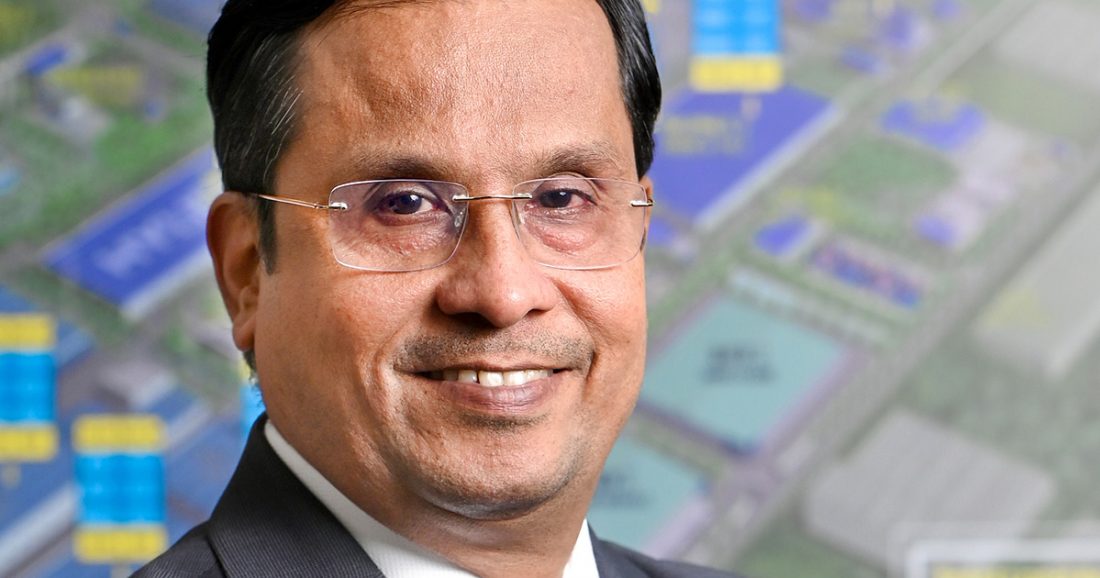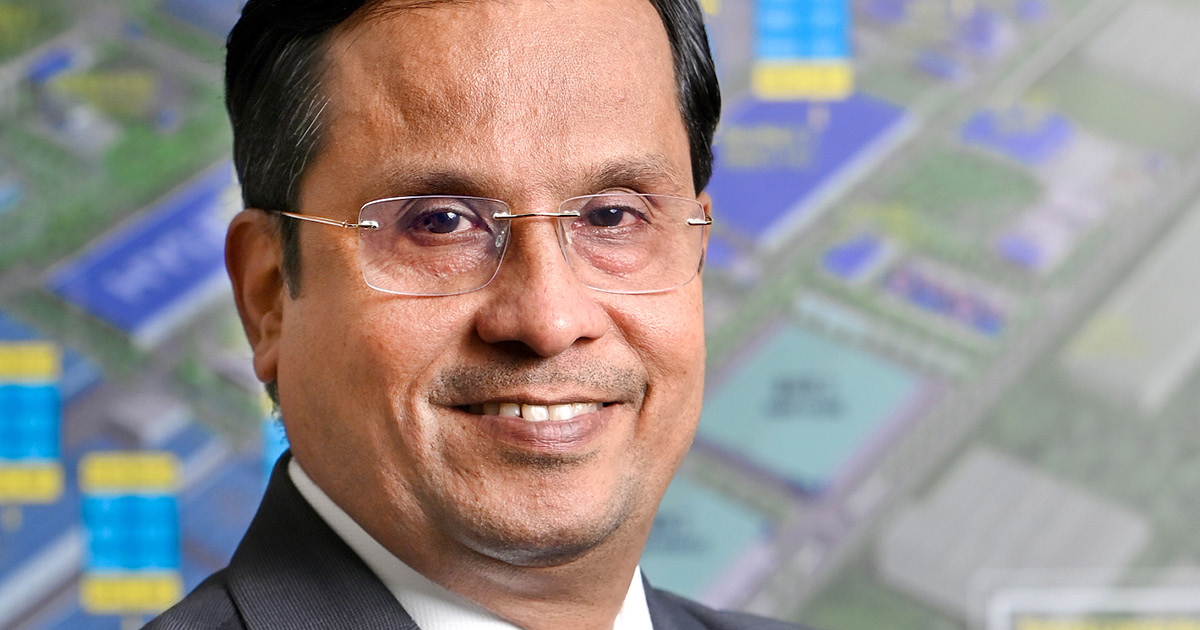When Gopala Krishnan joined Hyundai in 1997, it was less than a year since the company had been incorporated as an automaker in India. He was part of the initial planning team, and since then he has seen Hyundai take giant leaps to become one of the most popular car brands in the country.
“In 1997, the challenge when we launched the new product, Santro, was how to train the employees to Hyundai’s global standards,” Krishnan recalls. “As the initial team, we were planning, commissioning, recruiting people, training them and trying to implement various operational protocols along with successfully conducting trials.”
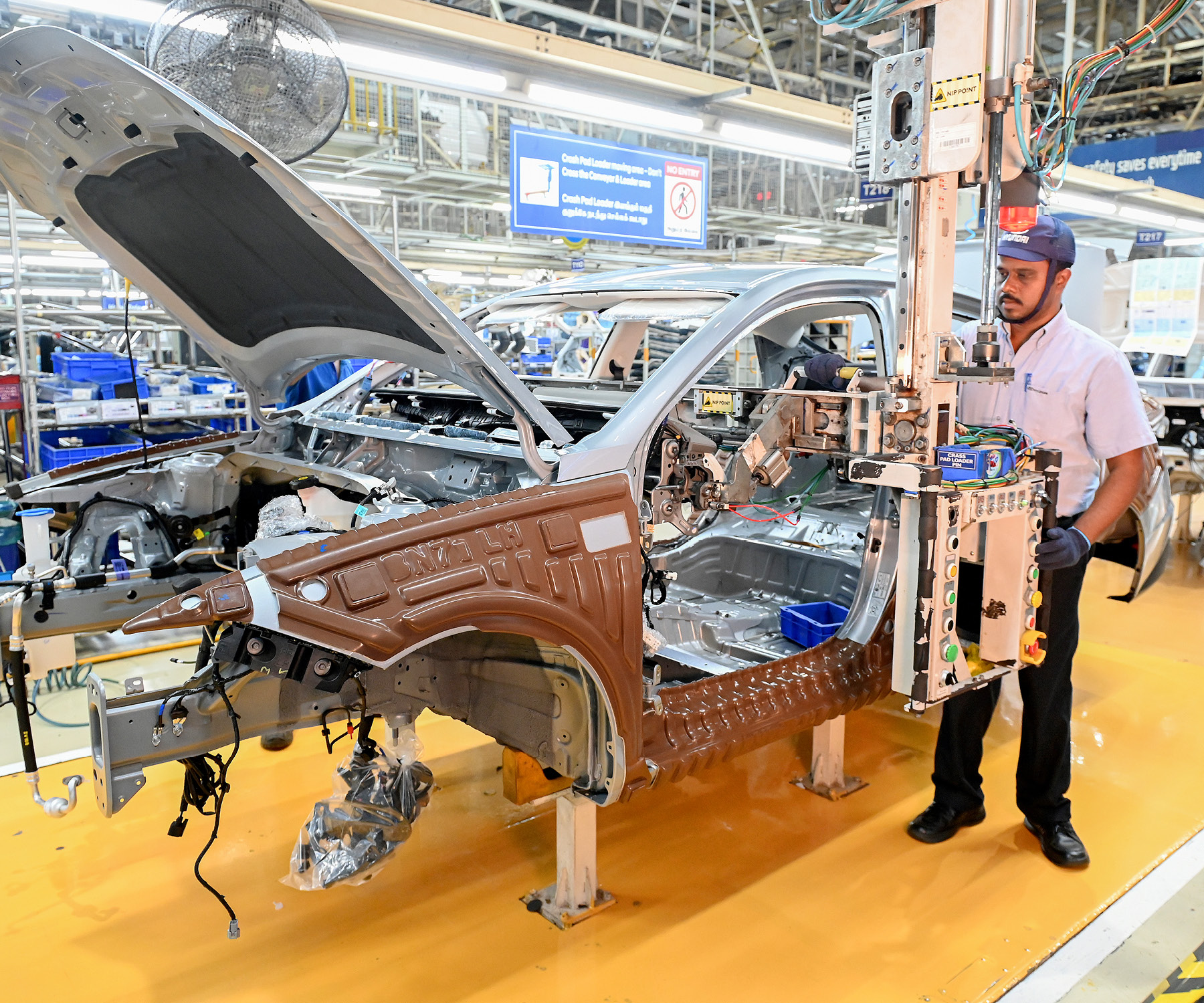
“Our prime objective is to offer innovative products and services as per the requirements of our customers.”
Hyundai has seen plenty of progress since this introductory phase.
“For example, the body-building shop was a dedicated line initially. Now we have a flexible global body line where we can make at least four models in a single line using multi-model flexible jigs while managing the robot operations, according to market requirements,” he says.
Progress for Humanity
In line with its global philosophy of Progress for Humanity, as a mobility solutions provider, Hyundai always keeps its focus on customers, Krishnan says.
“All our processes are customer-centric,” he explains. “Our prime objective is to offer innovative products and services as per the requirements of our customers. We are migrating to become a smart factory by implementing digital solutions to improve the overall efficiency in all verticals.”
Hyundai has deployed new-age technologies such as: digital analytics for quality improvement and to minimize breakdowns; deep learning techniques for various vision inspection systems: and virtual reality to train employees to work on new models and other safety improvements.
“As part of its vision, Hyundai emphasizes the importance of sustainability and has set a goal to become carbon neutral by 2045,” Krishna explains. “In addition to pursuing this vision, we at Hyundai Motor India are working towards attaining RE100 by 2025 and 100 percent water neutrality by 2028.
“As a Hyundai family, we collectively and voluntarily embrace these challenges to meet our ESG goals holistically.”
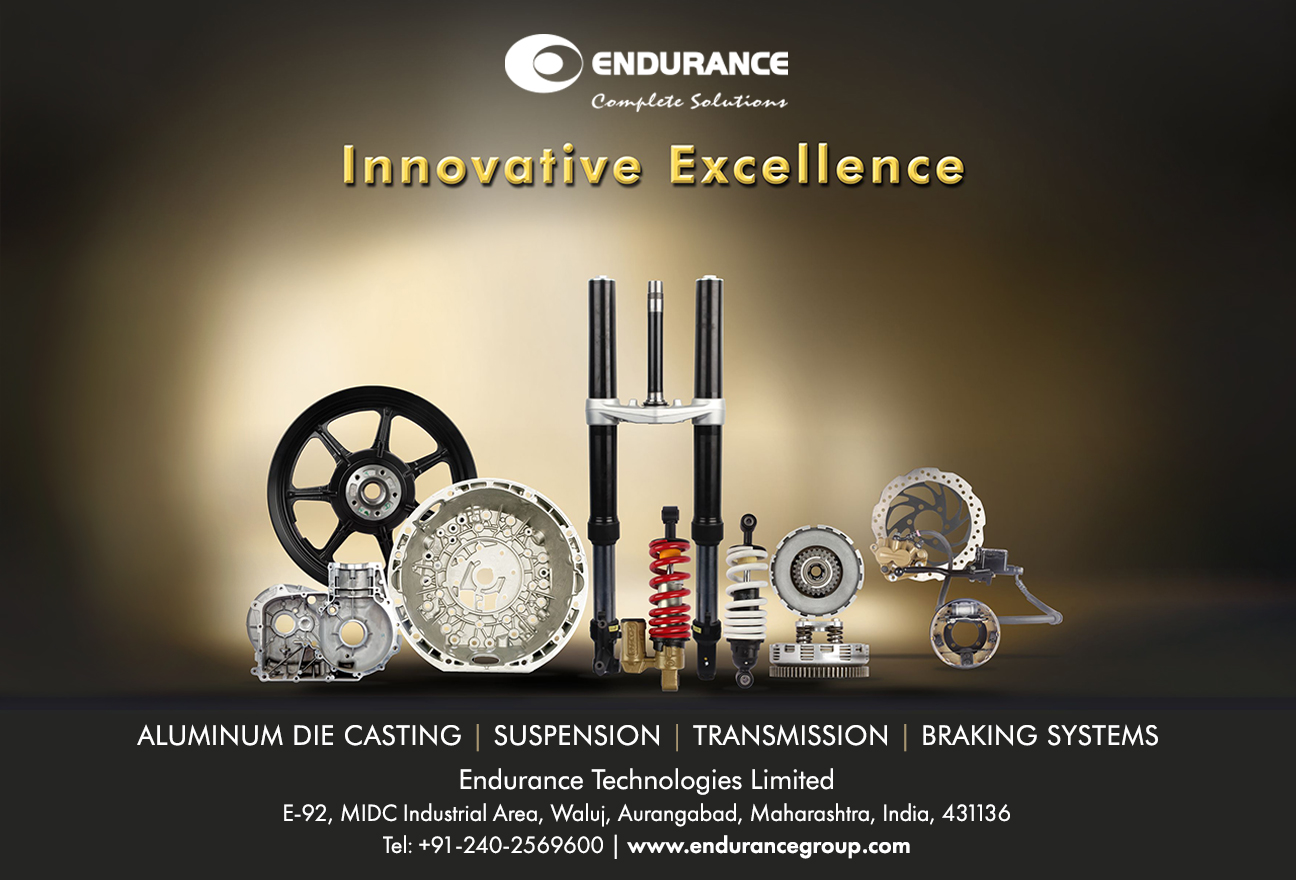
Advertisement
Valuing People
Krishnan points out that any progress can be effective only with the cooperation of the stakeholders of the company. He considers employees, suppliers and dealers to be the key stakeholders and believes that they carry the future of the company.
With changing economic trends and customer preferences, business is never static in an automotive company. “Firstly, it’s important to develop a long-term and clear vision in an environment that faces plenty of technological disruptions and has dynamic customer requirements,” he says.
“Secondly, we must align people’s mindsets toward those visions. Thirdly, as a leader, it’s important to learn new things in line with current practices.”
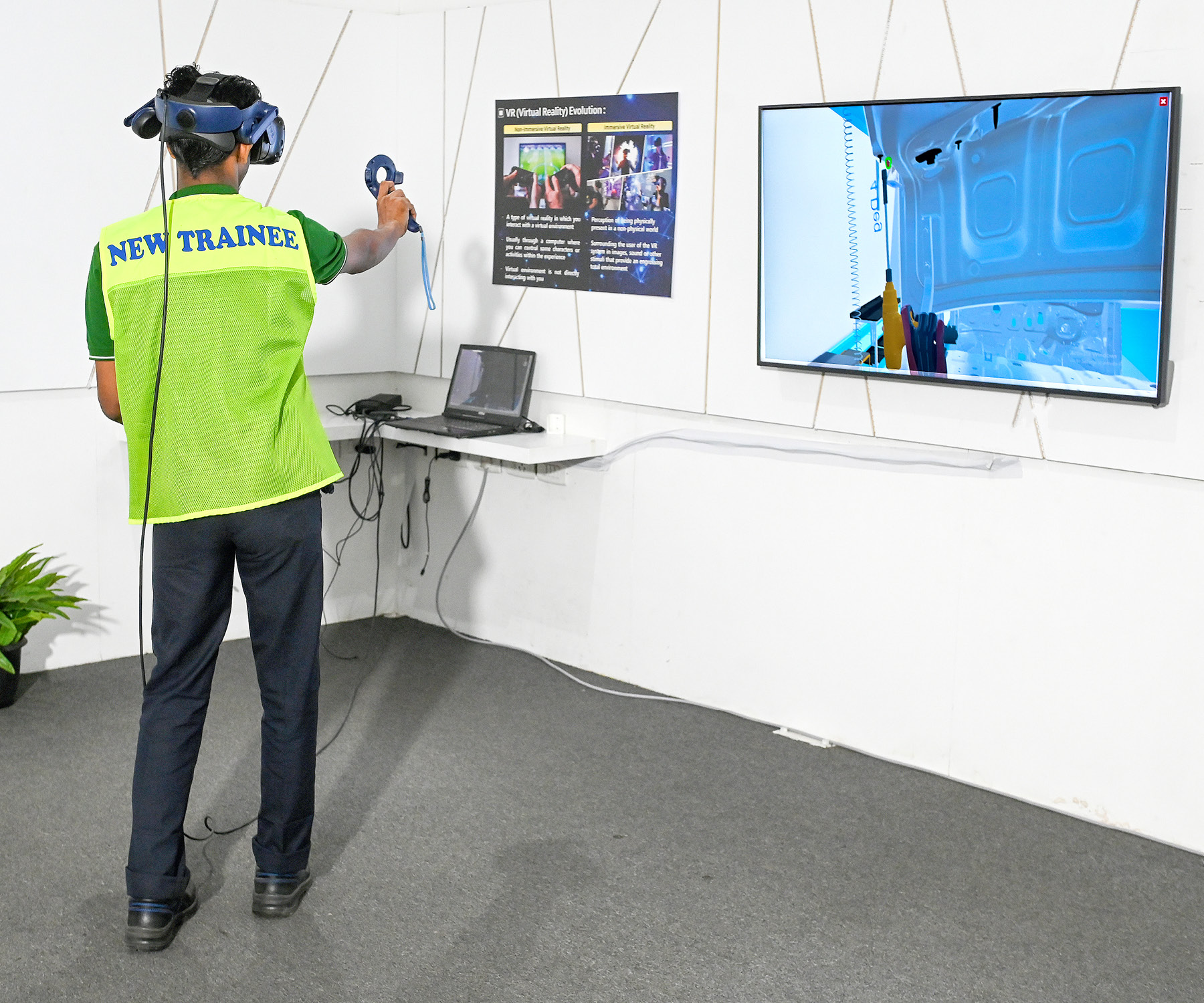
“As a leader, it’s important to learn new things in line with current practices.”
To achieve all this, Krishnan believes in creating an inclusive work culture.
“When you provide an opportunity like an incubation center where people are open toward innovation, they can experiment with their ideas,” he says. “This will build a holistic, innovative and positive culture.”
Hyundai has several practices aimed at boosting employee participation. This includes Hyundai Motor India declaring April as its Innovation Month to encourage employees at both a macro and micro level to think creatively and productively.
As part of this initiative, the company hosts multiple events, which has led to the generation of more than 300 ideas across productivity, quality, safety, cost-effectiveness and new techniques.
“We also conduct a large-scale interactive workshop for our employees across all levels. Here, we get input from the bottom up,” Krishna says.
“Millennials, in particular, are enthusiastic and come up with ideas.”
Working with Suppliers
If employees form one half of the human factor, Krishna says that Hyundai’s suppliers form the other important half.
“We have excellent collaboration with our suppliers. We hand hold them and communicate all our standard practices for evaluation, audit and approvals in a structured way.”
Krishnan also explains Hyundai’s initiative to include all stakeholders in an inclusive discussion through a program called My Place, My Pride.
“We have about six pillars that include safety, quality, cost and smart workplace practices, which are communicated through our safety ambassadors and quality marshals,” he says.
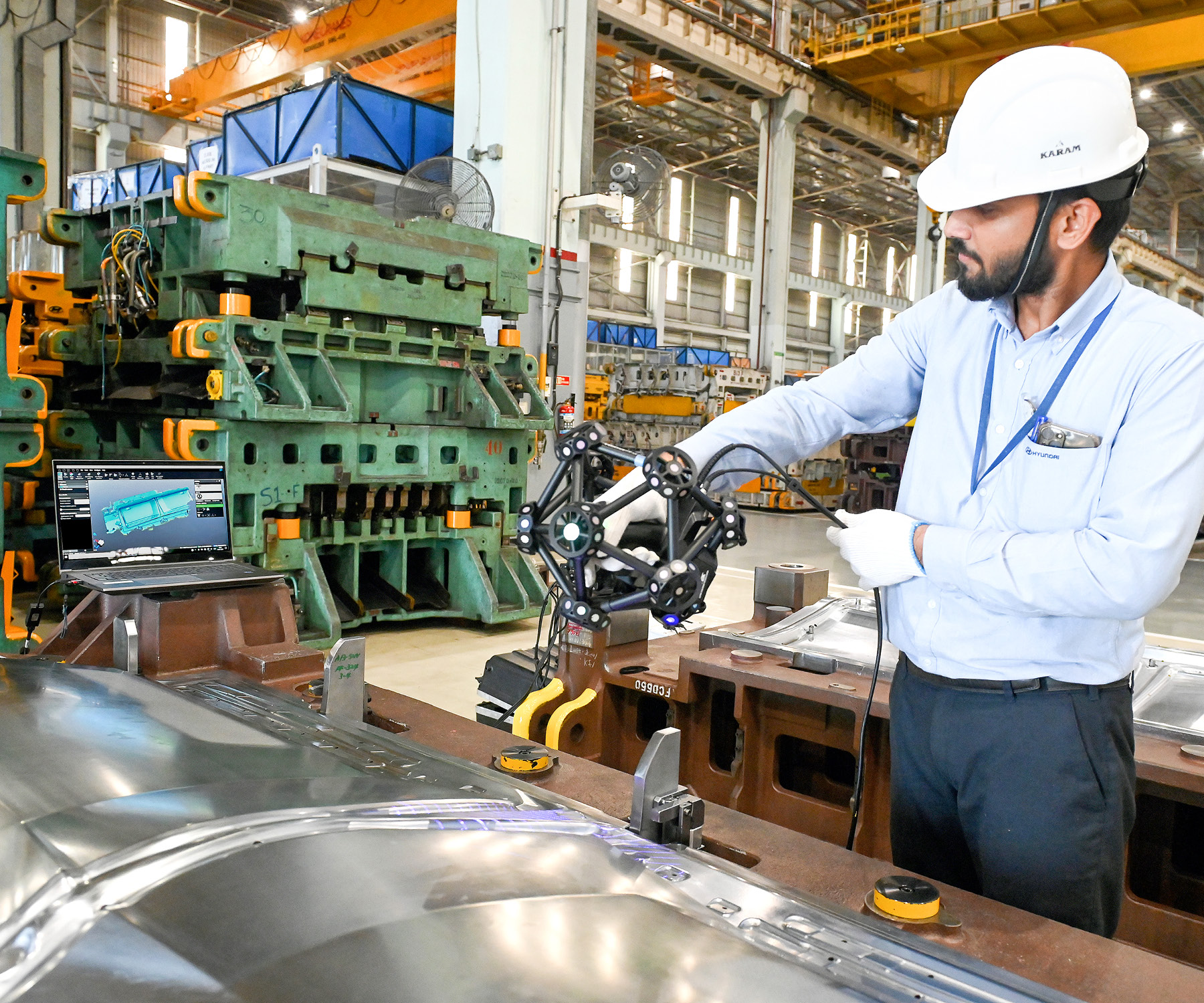
“Holistically, as a Hyundai family, we must take this as a challenge and achieve our sustainability goals.”
“Programs such as these are also communicated to all our suppliers including tire manufacturer Continental and aluminum diecasters Endurance Technologies and Turbo Energy.”
Krishnan believes that excellence in quality can be achieved by following the Japanese technique of 3K for standardization in production.
“The 3K technique directs that whatever has been decided must be followed as per standards,” he says.
“Manufacturing is so simple when we follow this rule. There will be no deviation; you control the deviation and obviously, you get all the metrics of manufacturing. When there is no problem and no deviation, the harmony and the working culture automatically improve.”

